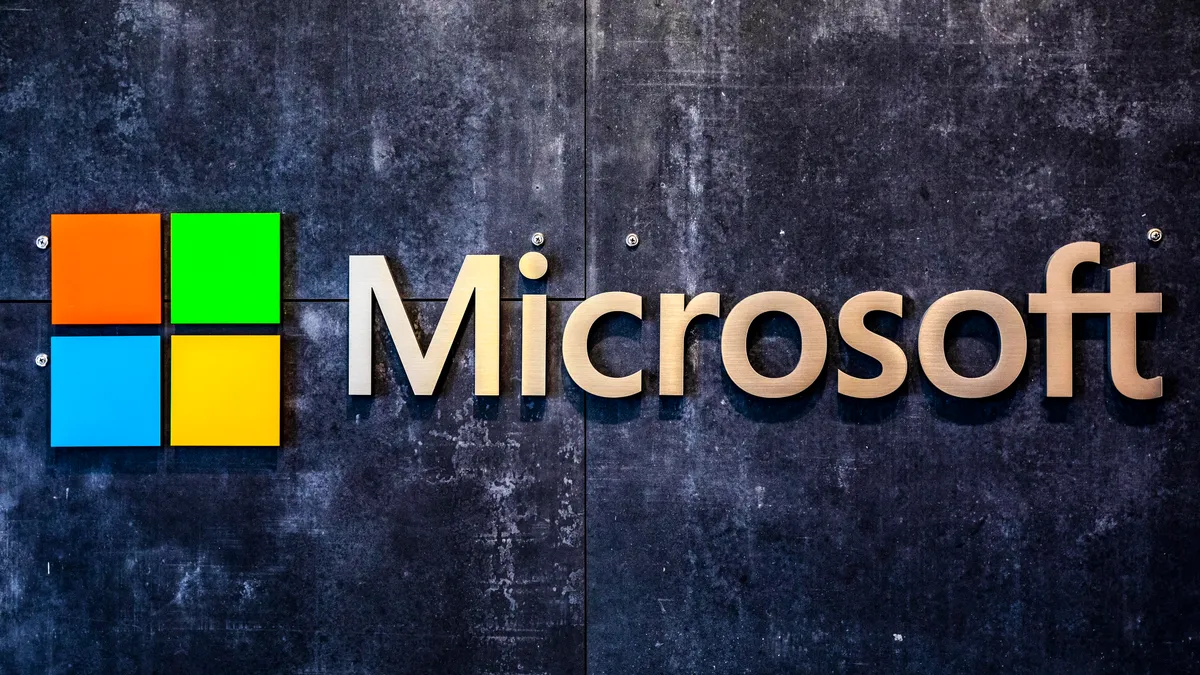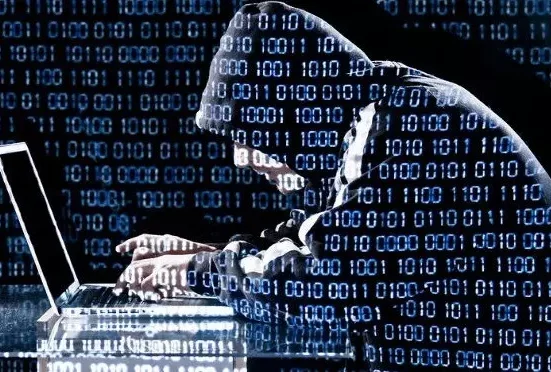Microsoft has announced the expansion of its CyberShikshaa program.
CyberShikshaa program launched by Microsoft and DSCI in 2018 claims to have trained 1,100 women and employed more than 800 women through multiple training batches. More than 5,000 underserved youth have also been trained in Cybersecurity Beginners modules. CyberShikshaa for Educators with ICT Academy, the latest addition to the CyberShikshaa portfolio launched in June 2022 for providing cybersecurity training to 400 faculty members, will help build cybersecurity careers for 6,000 underserved students across 100 rural technical institutions and facilitate job opportunities for over 1,500 students.

Recently Microsoft announced the expansion of its CyberShikshaa program in association with the Data Security Council of India (DSCI), Tata STRIVE, and ICT Academy. In the next three years, the program aspires to reach 45,000 women and underserved youth with technical skills for careers in cybersecurity and provide internships or job opportunities for 10,000 learners.
In its fifth year, CyberShikshaa will focus on leveraging industry partnerships and conducting specialized training for careers in the banking, financial services, and insurance (BFSI) industry. The program also aspires to expand its reach into semi-urban and rural locations of the country and after the expansion, the program will offer AI/ML training for cybersecurity product development and enable cybersecurity certifications through an enhanced Cybersecurity Beginners program named “Ready4Cybersecurity.” More than 10,000 rural underserved youth will be enabled with Ready4Cybersecurity certifications.
By 2025, there will be 3.5 million cybersecurity jobs open globally, representing a 350% increase over an eight-year period, according to CyberSecurity Ventures. In India, cybersecurity jobs are projected to grow by 32% by 2028, the talent pool falls short by 42%. Given the massive talent shortage in a diverse cybersecurity workforce, there is a large untapped opportunity to decrease this deficit by skilling and employing underrepresented groups. When cyber adversaries come from diverse backgrounds, the defender community must be equally diverse for understanding and succeeding against them.
Rama Vedashree, former CEO, DSCI, who has steered the program since its inception, said, “The government and industry are working closely now more than ever to create a safer, resilient cyberspace. In the last four years, we have seen this program create significant impact by providing cybersecurity skilling and employment for women. We are confident that the expansion of CyberShikshaa for specialised training aimed towards specific sectors will help bridge the skills gap and provide organisations with industry-ready talent.”













